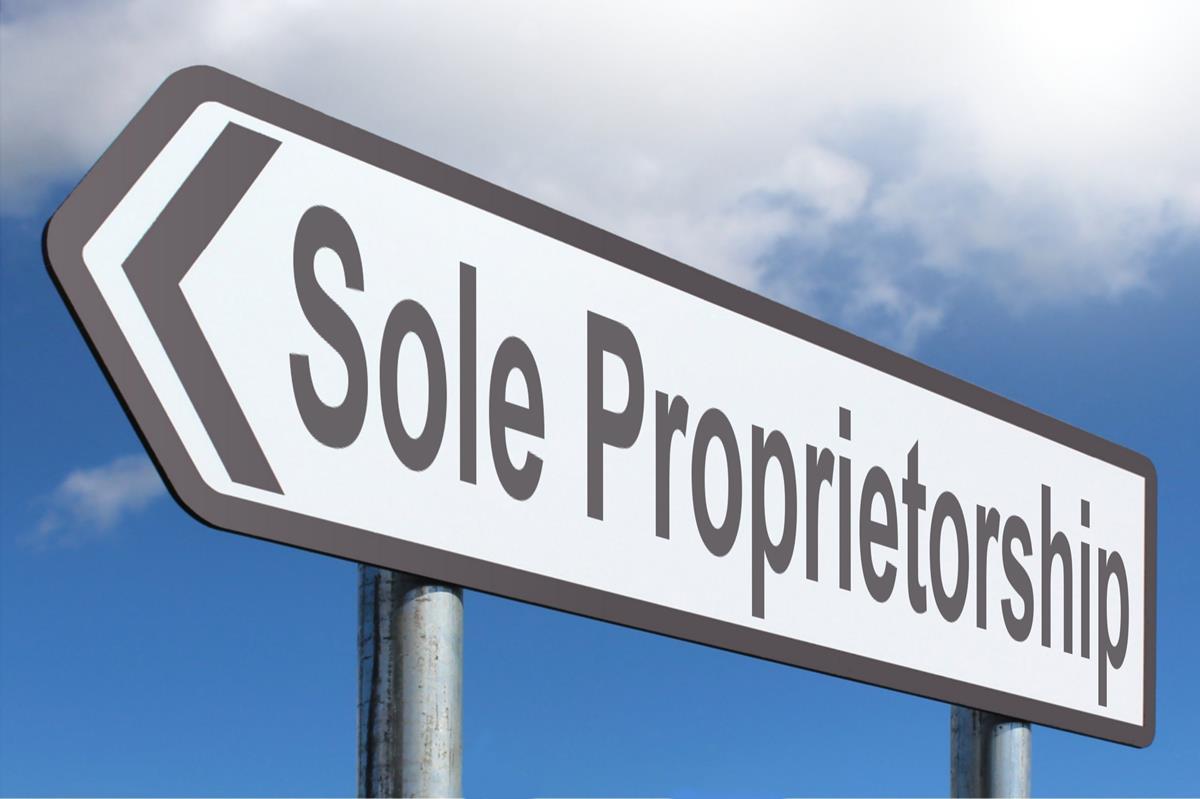As a sole proprietor, it is important to understand how your business is taxed. Sole proprietorship is the simplest form of business structure, but it still requires careful consideration of tax laws and regulations. In this article, we will explore the various ways in which sole proprietorship are taxed and provide you with a comprehensive guide to help you navigate the tax landscape.
Understanding Sole Proprietorship
A sole proprietorship is a business structure in which an individual owns and operates the business. This means that the owner is personally responsible for all aspects of the business, including its debts and liabilities. Sole proprietorship is the most common form of business structure, and it is often used by small business owners and freelancers.
Taxation of Sole Proprietorship
Sole proprietorship is taxed differently than other business structures. The owner of a sole proprietorship is considered self-employed, which means that they are responsible for paying both the employer and employee portions of Social Security and Medicare taxes. This is known as self-employment tax.
In addition to self-employment tax, sole proprietors are also responsible for paying income tax on their business profits. The profits of a sole proprietorship are reported on the owner's personal income tax return, using Schedule C (Form 1040).
Deductible Expenses
One of the benefits of being a sole proprietor is the ability to deduct business expenses from your taxable income. Deductible expenses include things like office supplies, equipment, travel expenses, and advertising costs. It is important to keep accurate records of all business expenses in order to take advantage of these deductions.
Estimated Taxes
Sole proprietors are required to pay estimated taxes on a quarterly basis. This is because they do not have taxes withheld from their income like traditional employees. Estimated taxes are based on the owner's expected income for the year and are paid in four equal installments throughout the year.
Conclusion
In conclusion, understanding how sole proprietorship are taxed is essential for any small business owner or freelancer. It is important to keep accurate records of all business expenses and to pay estimated taxes on a quarterly basis. By following these guidelines, you can ensure that your business is in compliance with tax laws and regulations.

